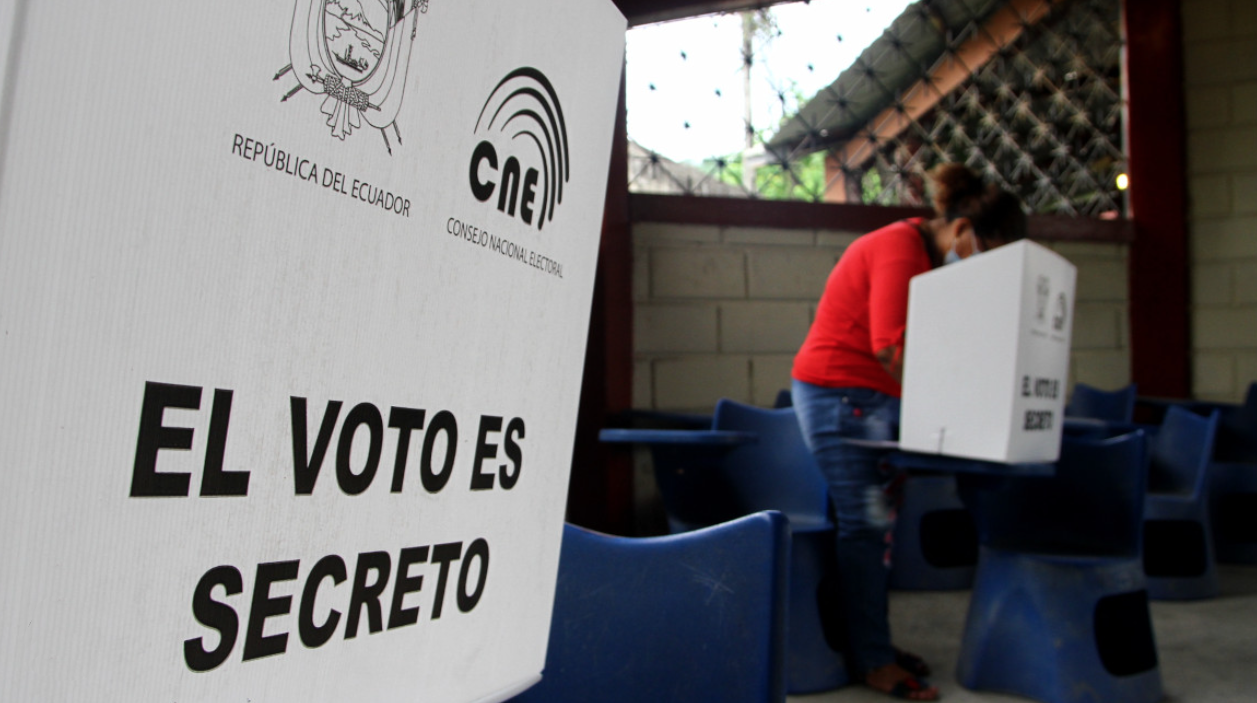From the perspective of half a century since the beginning of the Third Wave of democratization, today there is ample evidence that ratifies a salutary degree of the electoral processes. The well-known term popularized by Samuel Huntington to refer to the political changes that took place in the countries of Southern Europe from 1973 onwards, and then in Latin America, and three decades later in Central and Eastern Europe, continues to be useful for understanding the current panorama.
Although democracy is not at its best, according to the various indicators that measure the performance of the complex web of institutions that help define it, it does not seem that elections are at the center of the reasons for concern to assume that democracy is undergoing a state of fatigue, erosion or even dangerous regression.
It is quite possible to find imperfections linked to electoral performance that may imply serious questions about it, but I dare to argue that these criticisms as a whole do not have a substantive impact. Cases of electoral fraud complaints or simply poor performance in the exercise of the vote are rare. Negative evaluations of democracy focus on other aspects to which I will return shortly. In particular, and with respect to the strictly electoral aspect, I believe that there are two situations that continue to attract my attention: the inequity in the competition and the spurious use of electoral mechanics.
Regarding the first, one of the slight lessons that the past midterm elections in the United States have taught us, and which the different analyses have not noticed, is the fact that 96% of the electoral campaigns held for the race for a seat in the House of Representatives were won by those who spent the most.
As for the second situation, the ineffable Elon Musk had fun with the electoral game by using his recently acquired social network to ask the people, according to his own expression, if he should reinstate former President Donald Trump’s Twitter membership. The result in that sort of particular plebiscite, held on November 19 in which there were 15,085,458 votes, favored Trump’s return thanks to the support of 51.8% of that sui generis community. Musk tweeted the news adding a Latin tagline referring to the well-known link between the divine voice and the voice of the people. The banalization of the electoral mechanism was served.
Democracy is certainly more than elections. For the past decade, the University of Gothenburg in Sweden has been leading, in an interesting way and validated by a solid theoretical background, a research project that proposes to approach the analysis of democracy assuming that it can be disaggregated into five varieties that reflect the complexity of the concept. Although these are complementary issues, sectioning democracy according to its electoral, deliberative, egalitarian, participatory, and representative components, is marking a clear path for the understanding of something complex.
The long-established expression that democracy had to do with the periodic, clear, secret, free and equal election of those who govern, without leaving aside the constitutive principles of the rule of law, aspects were now enunciated that alluded to the tangled world of political representation. Where government and opposition would configure a struggle for alternation, as well as the mechanisms of popular participation that would avoid the monopoly of politics in the hands of political professionals.
The visibility of electoral issues, however, usually overshadows the scenario. The so-called “celebration of democracy”, as the election day is sometimes called, centered on the ritual of voting and the logic that some win and others lose, hides the fact that democracy involves more than that.
Aspects ranging from the daily tasks linked to the functioning of very diverse institutions (city councils, congresses, governments, courts, parties, autonomous organizations…) to the exercise of citizenship, both individually and as a group, make explicit different values that constitute a certain political culture. The very performance of the decisions made by those in power, which in one way or another satisfy or do not satisfy the demands of the people also present.
To the extent that elections depend for their development on a framework of rules and people carrying out tasks of supervision and control to make them work, focusing on these instances the problem of politics is a common resource. Electoral processes become the center of media attention, pressured by the alleged poor performance of unscrupulous political actors eager to make the most of a given situation.
The two most relevant countries in Latin America in demographic and economic terms are going through a similar experience. The still president Jair Bolsonaro, giving continuity to his defaming activism against the Brazilian electoral system on which he has been sowing doubts regarding its performance since his election in 2018, has legally questioned the result of last October’s elections without providing any evidence.
For his part, President López Obrador demonizes the National Electoral Institute and its president Lorenzo Córdova, who has the trust of 76% of the citizenry and who since 2014 has organized 330 elections without incident, and promotes an express electoral reform and without consensus with the opposition. One more step in the drift that the country is living toward discretionality and that takes it to a past era in which elections were a toy of power.
Neither in Brazil nor in Mexico are elections the problem. Systemic corruption, tenacious inequality, as well as, especially in Mexico, disappearances and daily murders are the problem.
*Translated from Spanish by Janaína Ruviaro da Silva












